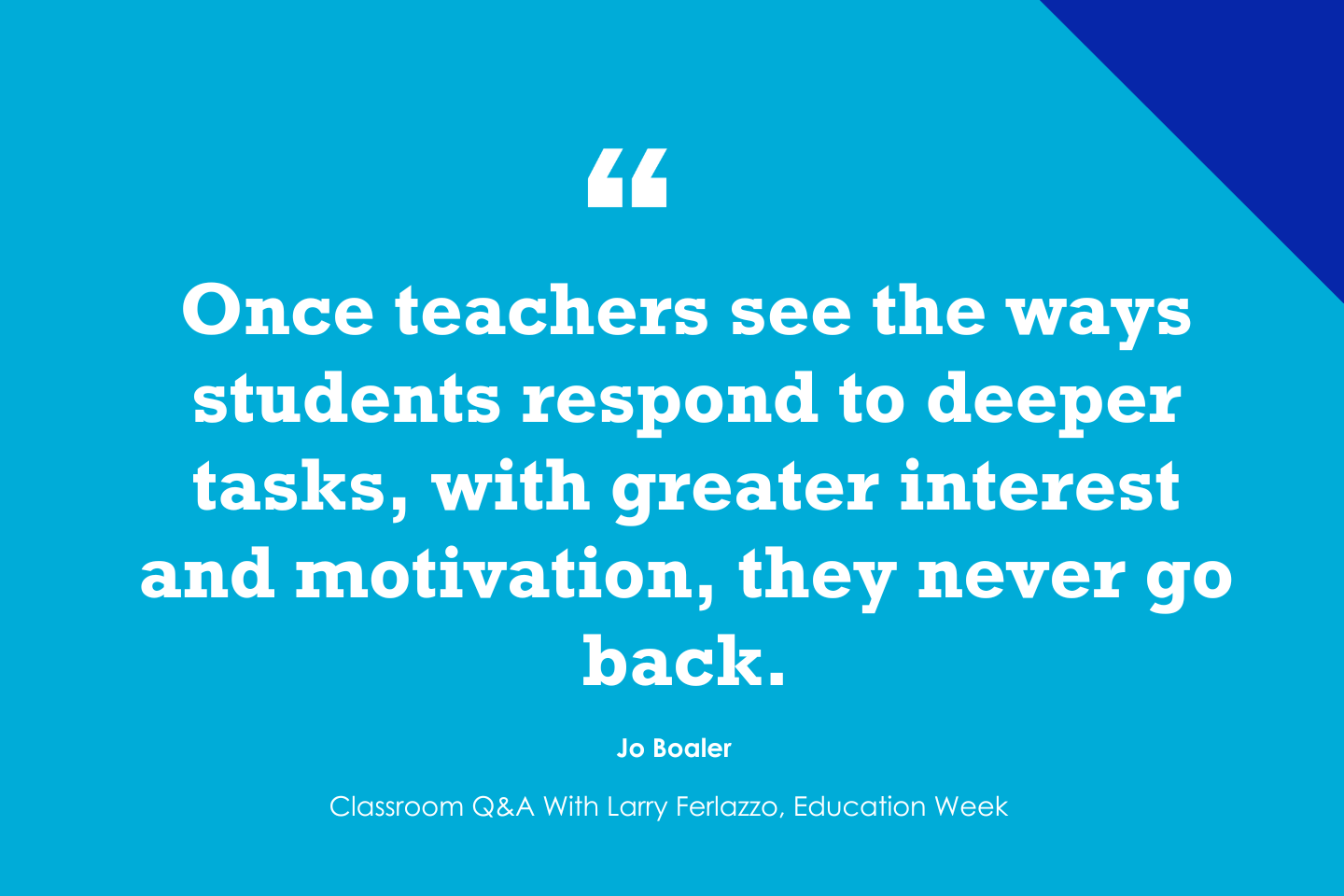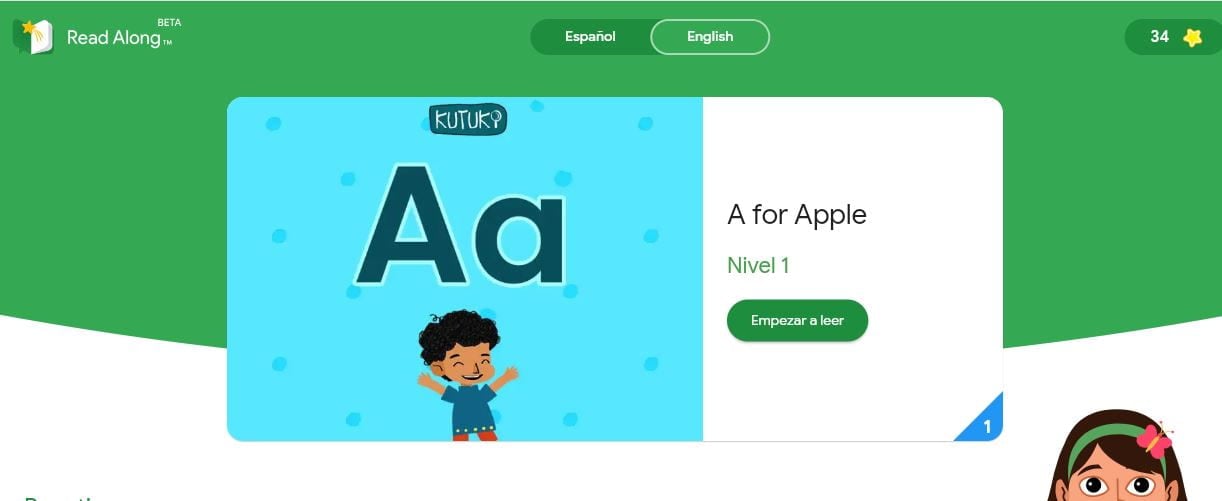When people learn that I have a doctorate in educational psychology and quantitative methods, they often assume that I love math. And the truth is, I do now, although that wasn’t always the case.
Like many Black students, I faced challenges throughout my academic journey, with math tracking being the primary one. Despite high math scores in earlier grades and a passion for the subject, I was placed into lower-level math courses in middle school.
This experience happened more than two decades ago, but limited access to advanced and engaging math options is still a problem today, even for high-achieving Black and Latino students.
All students deserve to benefit from enriching math learning experiences and the promising future those experiences can unlock.
Related: Become a lifelong learner. Subscribe to our free weekly newsletter to receive our comprehensive reporting directly in your inbox.
When I was in elementary school, my father, a master carpenter and math enthusiast, played a significant role in shaping my love and curiosity for math. He believed that no concept was too complex to learn, and he used carpentry to help me understand the interconnectedness of math and the world around me.
I learned about fractions, angles, precision and spatial awareness using wooden blocks and puzzle pieces I helped my dad create. By the age of 11, I could read a floor plan and calculate the length of a diagonal roofline using the Pythagorean theorem.
My dad taught me that math makes the world better, and that learning math is key to understanding the world.
But in middle school, being tracked into lower-level courses contradicted my math identity and eroded my confidence to the point of becoming a self-fulfilling prophecy: I became a lower-level math student, which marked the beginning of a full-blown math identity crisis.
Frequent learning disruptions — a result of the lower-level classes also being used for students with behavioral challenges — combined with a curriculum without meaningful content facilitated a swift shift in my relationship with math.
Tracking also limited my access to advanced high school courses such as statistics and calculus that would have further developed my math skills and opened up numerous postsecondary opportunities.
Sadly, I was learning to hate math, despite my early love for it.
The tracked classes did, however, improve my social skills and popularity. Through regular exchanges of humorous insults with fellow classmates on various topics — such as who was the least intelligent or most economically disadvantaged — I developed a well-curated arsenal of diss material.
The joke-telling also became a great defense mechanism against the stigma of having been placed in lower-level classes. So instead of practicing math during study hall, I worked on refining my repertoire of jokes. I didn’t learn much math, but I did learn how to be funny.
Related: Racial gaps in math have grown. Could detracking help?
Unfortunately, my story is far too common. Indeed, more than half of U.S. states have recognized that their traditional approaches, including placement policies and limited math course options, often advantage an elite few while overlooking the needs of the broader student population.
While a lack of resources in underserved schools is a real issue, the most damage to students’ math identities and success can be attributed to dated perspectives on the type of math courses that should be offered and systemic racism dictating who they should be offered to.
I was fortunate to discover applied statistics in graduate school. This discovery marked a pivotal turning point in my post-elementary school relationship with math, which had, up until then, been more a “situationship” — a noncommittal and sporadic interest driven by prerequisite requirements.
For the first time since learning with my dad, I was engaged and sufficiently challenged while learning mathematics. Unlike my previous math classes, the statistics courses weren’t focused on rote memorization or problems that lack any relevance to the real world.
And since earning my Ph.D., I’ve used these skills across various professional domains.
I’ve used structural equation modeling to predict STEM access for underserved students and to make recommendations to broaden pathways to STEM. As a United Way director of education, I used statistical methods, such as linear regression, to make investment and funding decisions. During my 2019 run for Congress, my statistical expertise proved invaluable in analyzing trends, guiding campaign messaging and optimizing resource allocation. I felt empowered like never before, having the ability to make more accurate interpretations and informed decisions.
I recently co-authored a report addressing the equity dimensions of math education, delving into past policies and emerging strategies to better engage and prepare students for college and career in a data-driven society.
The report sheds light on the need to enrich students’ math experiences with challenging and relevant content that offers opportunities for deeper learning. This content should provide pathways for students to make connections between theoretical concepts and practical solutions, such as building sustainable communities in underresourced regions.
The most valuable lesson I learned throughout this journey was the inextricable link between math identity and math experiences. In other words, when people say they don’t like math, they really mean that they didn’t like their experiences learning math.
Students learn more than just mathematics in math class; they are affirming their abilities and math identities and discovering that they can have a place in shaping an advanced technological society. We owe it to our students to ensure that they have better math learning experiences than those I received decades ago.
Melodie K. Baker is national policy director for Just Equations, a nonprofit organization reconceptualizing the role of math to ensure educational equity.
This story about math tracking was produced by The Hechinger Report, a nonprofit, independent news organization focused on inequality and innovation in education. Sign up for Hechinger’s weekly newsletter.
The post OPINION: As a Black middle-school student, I was tracked into lower-level math classes that kept me back appeared first on The Hechinger Report.
When people learn that I have a doctorate in educational psychology and quantitative methods, they often assume that I love math. And the truth is, I do now, although that wasn’t always the case. Like many Black students, I faced challenges throughout my academic journey, with math tracking being the primary one. Despite high math
The post OPINION: As a Black middle-school student, I was tracked into lower-level math classes that kept me back appeared first on The Hechinger Report. Elementary to High School, Math Achievement, Middle School, Opinion, Race and Equity, Solutions, Career pathways and economic mobility, Race, STEM, teachers, Technology The Hechinger Report









